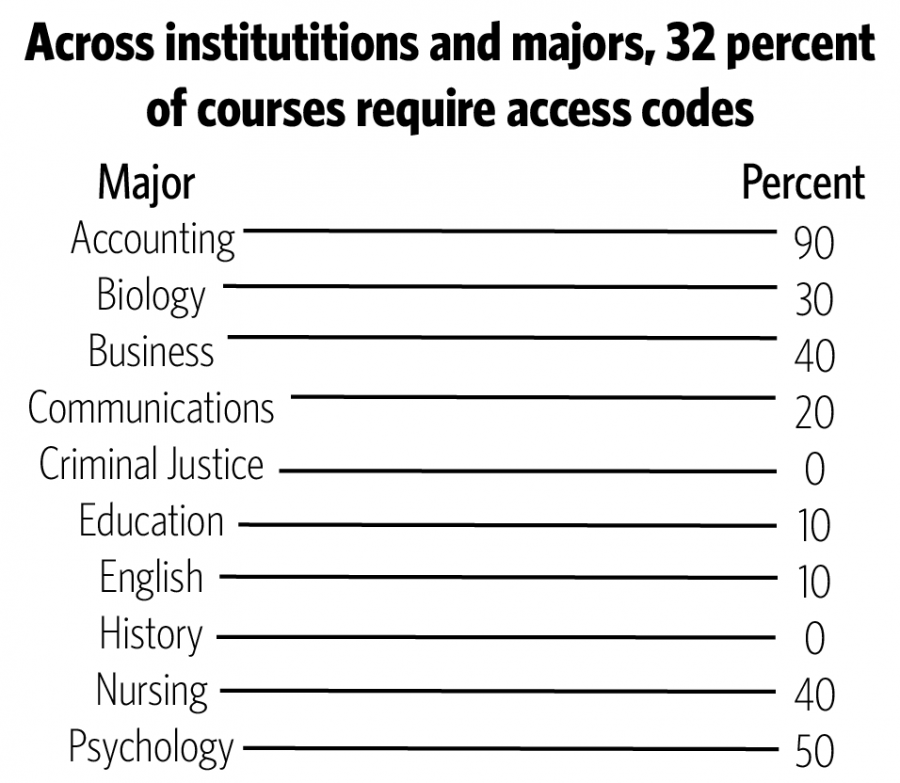Engineering professor develops free online course platform
Source: Student PIRGS
Apr 5, 2018
University Engineering professor Andreas Kloeckner developed a free online platform that helps eliminate the need for students to use multiple platforms to check their grades and to participate in classes.
The RELATE platform allows students to take exams online, interact in class and see their grades.
Kloeckner said RELATE is used mainly within the computer science department, but the platform could serve as an alternative to the multiple platforms each student toggles between for different University colleges.
Walter Lindwall, junior in LAS, said in an email that he has had to use four different platforms for his classes.
“Having to keep track of where your courses are online can be a bit confusing, especially for students who are taking 18 credit hours and upwards,” Lindwall said. “The time it takes to check in on all of these sites can be put to better use.”
Get The Daily Illini in your inbox!
Anthony Bennett, senior in Engineering, said he wishes the University would standardize which platforms professors use. Bennett also hopes there would be more diversity within different platforms to fit the needs of different classes.
Lindwall said the technology is available to make a consistent University platform, but the University may face challenges with logistics.
“Different professors and departments use different platforms based on their needs,” he said. “So, it may be more feasible to consolidate things like Compass2g and Moodle, but for platforms used in the engineering department, we should definitely be more cautious.”
Matthias Grosse Perdekamp, nuclear physics professor, said he would be willing to use a free alternative to the paid platform he uses to teach his classes.
Currently, Grosse Perdekamp uses TopHat, an online platform that, according to Bennett, is a mix of powerpoint presentation programs and iClicker. Tophat costs $26 for one term, $38 annually and $75 for four years.
Grosse Perdekamp said he and other professors in the physics department don’t have much flexibility with what platforms they use in their classes because past instructors have already decided which ones to use.
He said if a platform was developed by the University, it would need to be flexible, developed by professionals in education and research-based.
“We have to have the flexibility to have all these different components in the grade book. So, as long as it is flexible enough there could be one system,” Grosse Perdekamp said.
He also said he considers the financial burden on students when choosing a platform.
“As a part of my research, I also create a lots of tools,” Kloeckner said. “And since I feel like it’s taxpayers’ money that pays for these tools, ultimately, I feel very strongly that they should be freely available. It would be sensible for me to apply that same principle to the course platforms.”






